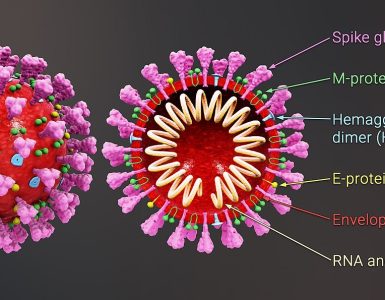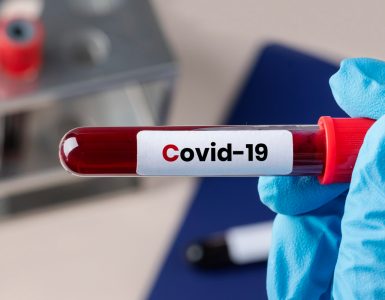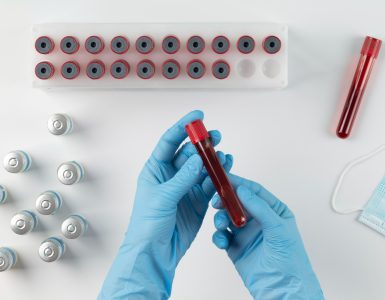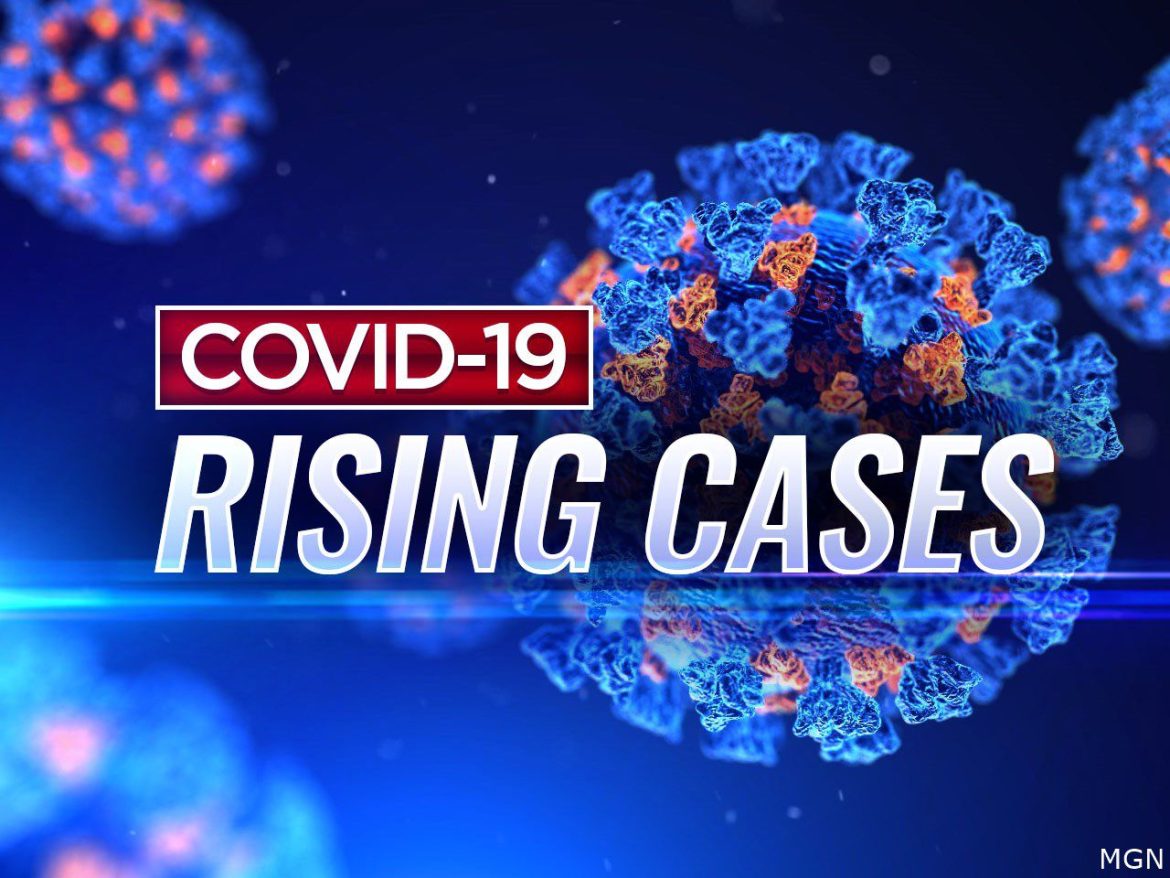From: https://vpha.org.vn/covid-19/hoi-chung-covid-19-keo-dai-long-covid.html
Definition
The World Health Organization (WHO) has released the first official definition of Long Covid-19 Syndrome , published in October 2021.
“This syndrome includes symptoms that often occur in people who have been infected with the SARS-CoV-2 virus, the last infection was 3 months or more ago, with symptoms appearing and lasting at least 2 months without any other medical diagnosis 1 ”

Symptom
Symptoms of Long Covid-19 Syndrome are often diverse and appear at the same time or over different periods of time. Symptoms in each person can range from mild to severe enough to require hospitalization. Here are the common symptoms of Long Covid-19 Syndrome you may experience: 1, 2
- Chest pain, difficulty breathing with exertion, often feeling short of breath.
- Or dizziness or fatigue.
- Memory loss and forgetfulness due to reduced blood supply to organs and lack of blood flow to the brain affect the ability to concentrate.
- Disturbed sleep, often waking up in the middle of the night.
- Cough is long and persistent, voice changes.
- Or have muscle pain or joint pain.
- Mentally unstable, often anxious, even depressed.
Prolonged Covid-19 syndrome affects many organs, not only manifests clinically but also has subclinical symptoms such as: blood sugar disorders, reduced glomerular filtration capacity, increased cardiac enzymes,… Especially respiratory dysfunction. 3
Reason
Scientists do not know for sure what causes Long-Term COVID-19 Syndrome , a number of hypotheses have been put forward and studies are being conducted to verify 4
- The SARS-CoV-2 virus can become active again, causing symptoms to reappear.
- Overactive immune cells can release high levels of inflammatory substances that can damage organs and tissues.
- Viruses trigger an autoimmune response, causing the body to produce a type of autoimmune antibody that can attack and fight against the body itself. Therefore, healthy tissues are destroyed after recovery from illness.
Symptoms can also be caused by a combination of many of the factors mentioned above
Things to do to help minimize symptoms of Prolonged Covid-19 Syndrome
Here are things to do to help you minimize symptoms of Prolonged Covid-19 Syndrome : 3
Breathing exercises:
Breathing exercises will help you restore lung function and reduce shortness of breath. Therefore, you should perform the movements correctly and practice breathing at a moderate level. Don’t be impatient or overexercise as this will make this condition worse.
Walk:
Walking is a gentle way to exercise the body, helping the body increase metabolism after recovering from illness. Initially you should walk about 30 minutes a day, then gradually increase the time or practice other exercises, cycle slowly, etc.
Eat a nutritious diet:
Eating a nutritious diet is a simple way to help you recover quickly and increase your resistance. Therefore, you should supplement a variety of foods rich in vitamins, minerals and protein such as fresh fruits, dark green vegetables, fish, lean meat, etc.
References:
- World Health Organization. Post COVID-19 condition (Long COVID). Accessed December 25, 2023. https://www.who.int/europe/news-room/fact-sheets/item/post-covid-19-condition
- Center for Disease Control and Prevention. Long COVID or Post-COVID Conditions. Accessed December 25, 2023. https://www.cdc.gov/coronavirus/2019-ncov/long-term-effects/index.html
- Medlatec. Các triệu chứng Hội chứng Covid-19 kéo dài thường gặp và cách khắc phục. https://medlatec.vn/tin-tuc/cac-trieu-chung-hau-covid-thuong-gap-va-cach-khac-phuc-s194-n27374
- National Institutes of Health – COVID-19 research. Long COVID. Accessed December 25, 2023. https://covid19.nih.gov/covid-19-topics/long-covid
























Add comment